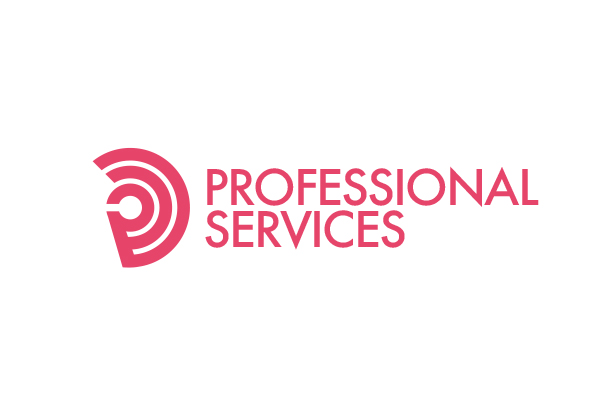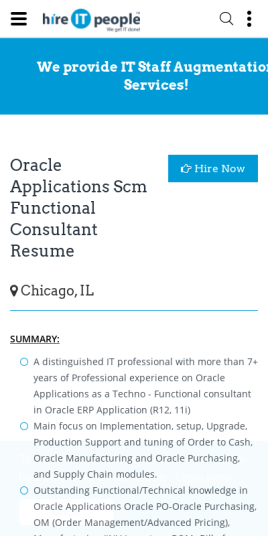
Seattle offers many opportunities for people who wish to make a career in consulting. Continue reading to learn more about Seattle consulting jobs and the requirements. You can also learn about management consulting firms in the area. These companies offer a variety of different services. This will allow you to work in teams with clients who have complex problems.
Seattle management consulting careers
As a management consultant, you'll be responsible for helping businesses solve problems and develop new strategies to improve their business. As a management consultant, you will work with companies to identify potential risks and make changes to their operations. You'll also use your technical expertise to advise clients. Along with solving problems for clients, management consultants help companies launch new corporate initiatives.

Management consulting careers in Seattle are highly in demand and offer many benefits. It's a great place to be part of an enthusiastic group of business professionals who love solving complex problems and are passionate about people. These careers can offer you the chance to rise in your career and are highly competitive. These careers require you to be highly analytical as well as have excellent interpersonal skills.
Salary
Consulting jobs in Seattle, WA have varying salaries depending on industry and position. While salaries in Seattle may be higher than the average national salary, the median salary for a job as a Consultant in the city is $83,027. Below, you will find salaries for Seattle Consulting jobs.
An average annual salary for Implementation Consultants is $68K. The highest paid consultants can make up to $124K. Implementation consultants help companies create and implement plans that will help them achieve their goals. Their work may also include research and development, problem analysis, and business planning and marketing.
A first-year consultant who has a Bachelor's degree can earn anywhere from $60k to $90k. Salaries can rise to $100k at some firms. The salary includes a base salary, relocation costs, and a signing bonus. Major firms have first-year consultants that work around eleven to fourteen hours a day. Most consultants travel a few times per week.

Requirements
These are the qualifications that you will need to start your search for a Seattle consulting job. Many positions require applicants to have prior experience in a certain industry. For instance, if you're looking to work in managed care, you'll need to have experience with shared financial risk or value-based reimbursement. Additionally, you'll need excellent interpersonal skills, including the ability to work with clients and manage a variety of projects.
FAQ
Why would a company pay a consultant?
Consulting provides expert advice about how to improve your business performance. They aren't there to sell your products.
A consultant is a person who helps companies make better choices by providing sound analysis, and making recommendations for improvement.
Senior management teams often have consultants working closely with them to help them understand their needs.
They also offer leadership training and coaching to ensure that employees are able to perform at their best.
They can help businesses reduce costs, streamline processes, and increase efficiency.
What's the difference between an advisor and a consultant?
An advisor gives information on a topic. A consultant provides solutions to problems.
To help clients achieve their goals, a consultant works directly with them. Advisors advise clients indirectly via books, magazines, lectures and seminars, etc.
What happens when the consultant finishes the job?
After the consultant completes the work, s/he will submit a final report detailing the results of their work. This report details the project timeline, deliverables, as well any other pertinent information.
Next, you will review the report and determine if the consultant has met your expectations. If you are not satisfied with the consultant's report, you have the option to ask for modifications or to terminate your contract.
Is it necessary to pay taxes on consulting income
Yes. Taxes will be charged on consulting profits. It depends on how much income you make per year.
You can also claim expenses if you are self-employed. This includes rent, childcare, food, and transportation.
However, you cannot deduct interest payments from loans, vehicle repairs, or the cost for equipment.
If you earn less than PS10,000 per year, 25% can be claimed back.
You might be taxed even if you make more than the threshold depending on whether your income is contractor or employee.
The PAYE tax for employees and the VAT tax for contractors is generally paid as you earn.
Statistics
- According to IBISWorld, revenues in the consulting industry will exceed $261 billion in 2020. (nerdwallet.com)
- 67% of consultants start their consulting businesses after quitting their jobs, while 33% start while they're still at their jobs. (consultingsuccess.com)
- So, if you help your clients increase their sales by 33%, then use a word like “revolution” instead of “increase.” (consultingsuccess.com)
- Over 50% of consultants get their first consulting client through a referral from their network. (consultingsuccess.com)
- My 10 years of experience and 6-step program have helped over 20 clients boost their sales by an average of 33% in 6 months. (consultingsuccess.com)
External Links
How To
What Does A Typical Day For A Consultant Look Like?
A typical day will vary depending on the type of work you are undertaking. But generally speaking, you will spend time researching and planning new ideas, meeting clients, and preparing reports.
You'll often have meetings with clients where you can discuss issues and solve problems. These meetings can be conducted over the phone, by email, face-to-face, or online.
You may also be asked to prepare proposals, which are documents outlining your ideas and plans for clients. You will need to discuss these proposals with a mentor or colleague before you present them to clients.
After all the planning and preparation, you will have to produce some content. Writing articles, designing websites, editing photos or conducting interviews are just some of the options.
Depending on your project's scope, it may be necessary to do research to get relevant statistics. For example, you may need to find out how many customers you have and whether they are buying more than one product or service.
Once you have all the information needed, it is time for clients to see your findings. You can either present your findings in writing or orally.
After your initial consultation with clients, you need to keep in touch. You might contact them regularly to check on their progress or send them emails to confirm they have received your proposal.
This is a long process that can take some time. However, it is crucial to stay focused and to maintain good relationships.